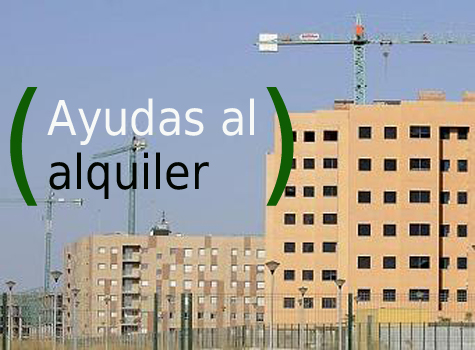Dr Uzma Qureshi interview
Date of article: 10/03/2015
Daily News of: 10/03/2015
Country:  United Kingdom
United Kingdom
Author:
Article language: en
Bradford GP Dr Uzma Qureshi works as a lead clinical adviser for the PHSO and tells Neil Durham (of GP Magazine) about her role

Learning that your work is the subject of an investigation by the Parliamentary and Health Service Ombudsman (PHSO) could feel like a GP's worst nightmare, but Bradford GP Dr Uzma Qureshi, who works part-time as a PHSO lead clinical adviser, can empathise.
'Like a lot of doctors, I've been on the receiving end of a patient complaint,' explains the portfolio GP, who works as a PMS partner for the two-and-a-half days a week she is not investigating for the PHSO, 'and I fully understand what it feels like'.
'I want to reassure GPs that they will have people like me looking at their complaint. It will get a fair response. I'm not here to pull people up. I have to make sure the guidelines are followed if appropriate and that patients receive the quality of care they are entitled to.'
Dr Qureshi, whose complaint was not referred to the PHSO, is speaking from its Millbank Tower offices in central London, which overlook parliament.
She explains that she joined the PHSO in summer 2011 and was recently promoted to lead clinician. 'I was keen to develop a portfolio career outside the NHS, but making the most of my clinical knowledge.'
Dr Qureshi believes there remains a place for independent contractor GPs, despite pressure to become salaried. She says: 'I think GP partners can bring about innovation and change. I would have concerns about being directed in a certain way.'
Complaints
She divides her time between her Bradford practice and the Manchester and central London offices of the PHSO. 'I'm involved in the broad range of complaints against GPs, which could include end-of-life care, delayed diagnosis or poor record keeping,' she says.
People have a right to go to the PHSO if they have complained to the practice first, or if the complaint has not been resolved after six months.
The NHS Constitution says: 'You have the right to take your complaint to the independent PHSO or the Local Government Ombudsman if you are not satisfied with the way your complaint has been dealt with by the NHS.'
Complaints are initially assigned to lay case workers, who involve GPs like Dr Qureshi if necessary.
The PHSO employs five GPs. It also hires another 40 GPs on a freelance basis, as and when it needs them or if it needs a GP with a specific specialty which it does not have in-house.
Dr Qureshi says: 'I think it's very important to involve a GP who works within the NHS, because we understand the day-to-day pressures of a busy surgery and of limitations within NHS resources.
'Our role is to help the complainant and the clinician to understand what was done, why it was done and why the outcome may not be what was expected.'
What lessons could GPs learn from the work that she has done?
'Complaints from our patients will raise anxieties, but should be viewed as a learning opportunity. Things can go wrong with clinical care, but where improvements need to be made, there should be a willingness to put things right. I would like people to look at these things with an open mind,' Dr Qureshi says.
The PHSO has received some 2,200 complaints about GP practices since the beginning of 2014/15 and is currently investigating about 300.
The number of complaints looks set to be similar to the previous year. However, in 2013/14, the number of complaints the PHSO received about GPs did increase from previous years (2,951 in 2011/12, 3,319 in 2012/13 and 3,996 in 2013/14).
Dr Qureshi points out that just because a GP is the subject of a PHSO investigation, that does not mean a complaint will be upheld. Between April and November 2014, it carried out more than 2,500 investigations, upholding just 38%.
This article was first published on the 23rd January, 2015, in the GP Magazine Online and has been reproduced with their kind permission.


 En el BOJA de 9 de Marzo de 2015, nº 46, se ha publicado la Orden de 3 de marzo, de la Consejería de Fomento y Vivienda, por la que se aprueban las bases reguladoras para la concesión de ayudas para el alquiler de viviendas a personas con ingresos limitados en la Comunidad Autónoma de Andalucía y se efectúa su convocatoria para el ejercicio 2015.
En el BOJA de 9 de Marzo de 2015, nº 46, se ha publicado la Orden de 3 de marzo, de la Consejería de Fomento y Vivienda, por la que se aprueban las bases reguladoras para la concesión de ayudas para el alquiler de viviendas a personas con ingresos limitados en la Comunidad Autónoma de Andalucía y se efectúa su convocatoria para el ejercicio 2015.